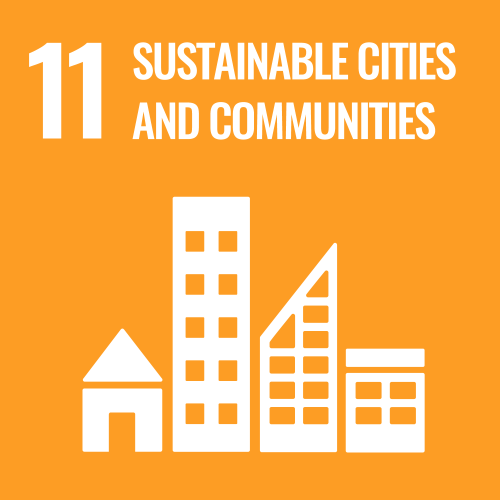
12/03/2024
Three Cuban universities and five rural municipalities have participated in a training course on small-scale Energy Planning, given by the Ministry of Ecological Transition and Demographic Challenge and the Carlos III University of Madrid.
Cuba is in the final phase of designing its new Energy Transition Policy, which will establish renewable energies as fundamental pillars of the national energy supply. This transition entails a significant change in energy planning and management, characterized by a decentralization process that has been underway for several years in the country. With the implementation of this new energy policy, the role of local actors in energy management and distribution will be strengthened.
In this context, it is crucial to strengthen capacities at the local level, specifically aimed at those who will be involved in the promotion of renewable energies in rural areas, from the institutional level and from applied research, including universities.
During the training, Miriam Bueno Lorenzo, Deputy Director General of Energy Foresight, Strategy and Regulations of MITERD of Spain, and Jorge Martínez Crespo, Professor of the Department of Electrical Engineering at Universidad Carlos III de Madrid, addressed, among other topics, the institutional framework for energy transition, examples of energy transition planning, energy balances and statistics, the use of simulation software and energy scenarios.
The course participants, from three Cuban universities, the University of Sancti Spiritus (UNISS), the University of Moa and the Central University of Las Villas (UCLV), all three members of the National Group of Universities for Renewable Energy Sources (GNUFRE), and five rural municipalities, Remedios, Martí, Manicaragua, Cabaiguán, Yaguajay and Trinidad, have strengthened their capacities in energy planning with renewable energy sources, to collaborate with the sustainable development of their region from their work environment. They have also built planning models through simulation exercises based on digital tools.
The course was held at the UNISS, at the request of the Cuban Ministry of Energy and Mines (MINEM), with the support of the Cuba-Renewables Project, managed by FIIAPP and financed by the EU.




